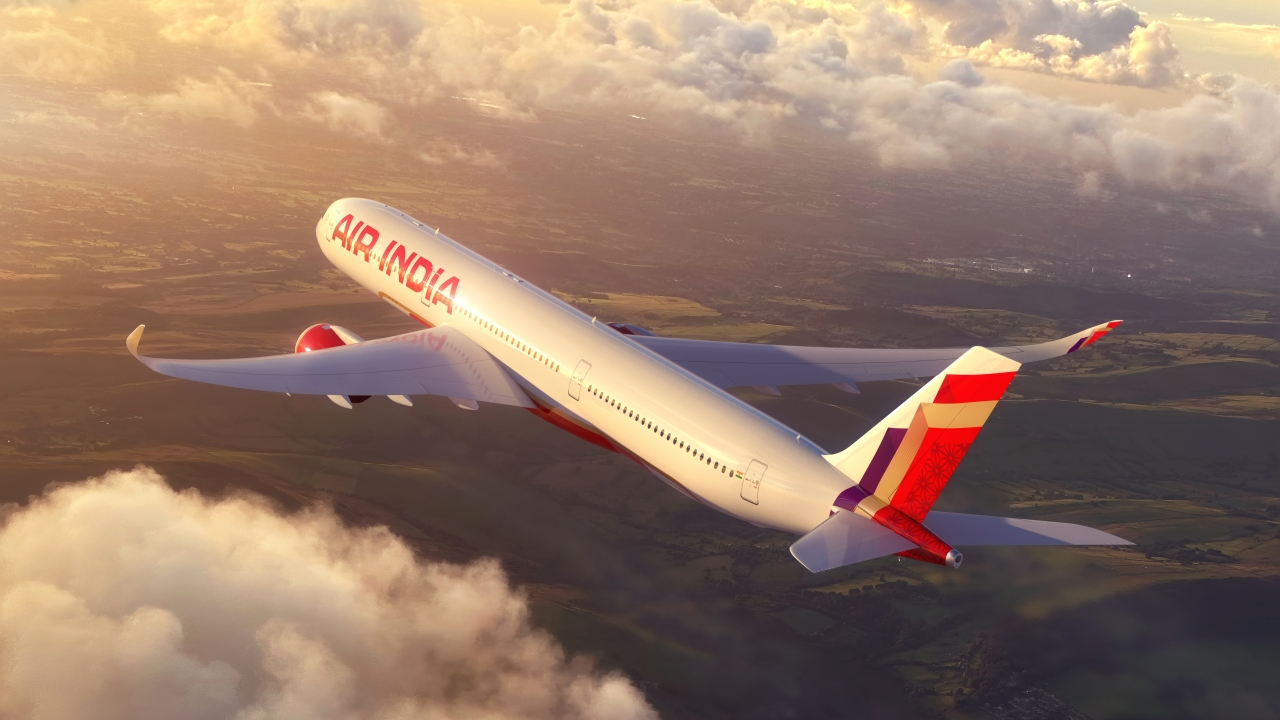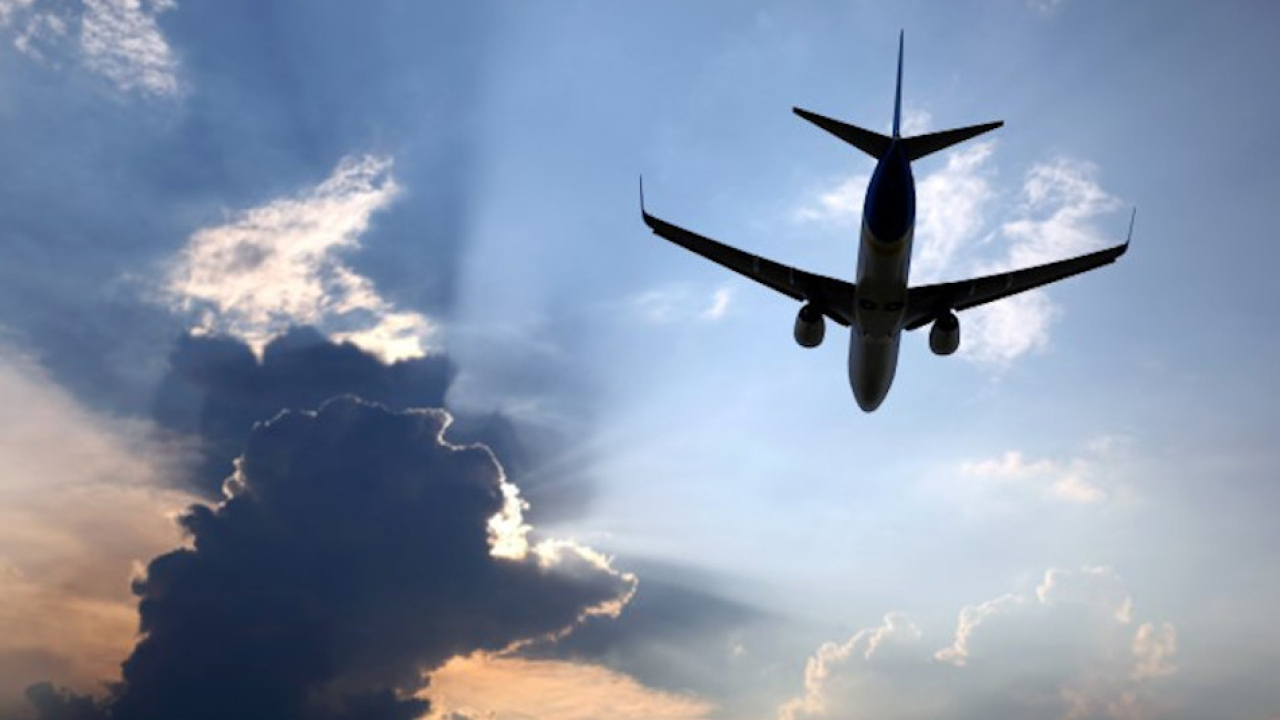IATA: Policy shortcomings puts SAF production at risk
IATA has said it expects Sustainable Aviation Fuel (SAF) production to reach two million tonnes (Mt) (2.5 billion liters) or 0.7% of airlines’ total fuel consumption in 2025.

India is the third-largest oil user after the US and China. Image: Air India/Airbus
“While it is encouraging that SAF production is expected to double to 2 million tonnes in 2025, that is just 0.7% of aviation’s total fuel needs. And even that relatively small amount will add $4.4 billion globally to the fuel bill. The pace of progress in ramping up production and gaining efficiencies to reduce costs must accelerate,” said Willie Walsh, IATA’s director general.
The Problem with the Use of Mandates
Most SAF is now heading toward Europe, where the EU and UK mandates kicked in on 1 January 2025. Unacceptably, the cost of SAF to airlines has now doubled in Europe because of compliance fees that SAF producers or suppliers are charging. For the expected one million tonnes of SAF that will be purchased to meet the European mandates in 2025, the expected cost at current market prices is $1.2 billion. Compliance fees are estimated to add an additional $1.7 billion on top of market prices—an amount that could have abated an additional 3.5 million tonnes of carbon emissions. Instead of promoting the use of SAF, Europe’s SAF mandates have made SAF five times more costly than conventional jet fuel.
“This highlights the problem with the implementation of mandates before there are sufficient market conditions and before safeguards are in place against unreasonable market practices that raise the cost of decarbonisation. Raising the cost of the energy transition that is already estimated to be a staggering $4.7 trillion should not be the aim or the result of decarbonisation policies. Europe needs to realise that its approach is not working and find another way,” said Walsh.
Focus on India
India, one of the emerging economies on the world stage today, is the third-largest oil user after the US and China. India launched the Global Biofuels Alliance to position biofuels as a key to energy transition and economic growth. This includes a target for 2% SAF blending for international flights by 2028 with enabling policies such as guaranteed pricing, capital support for new projects, and technical standards. IATA will be working with the Indian Sugar & Bio-Energy Manufacturers Association (ISMA) and Praj Industries Limited, to provide guidance on global best practices for life cycle assessment of the use of feedstocks in the country.
As the third-largest global civil aviation market, India can strengthen its leadership in biofuels with the accelerated adoption of SAF through progressive policies.
Stay up to date
Subscribe to the free Times Aerospace newsletter and receive the latest content every week. We'll never share your email address.

